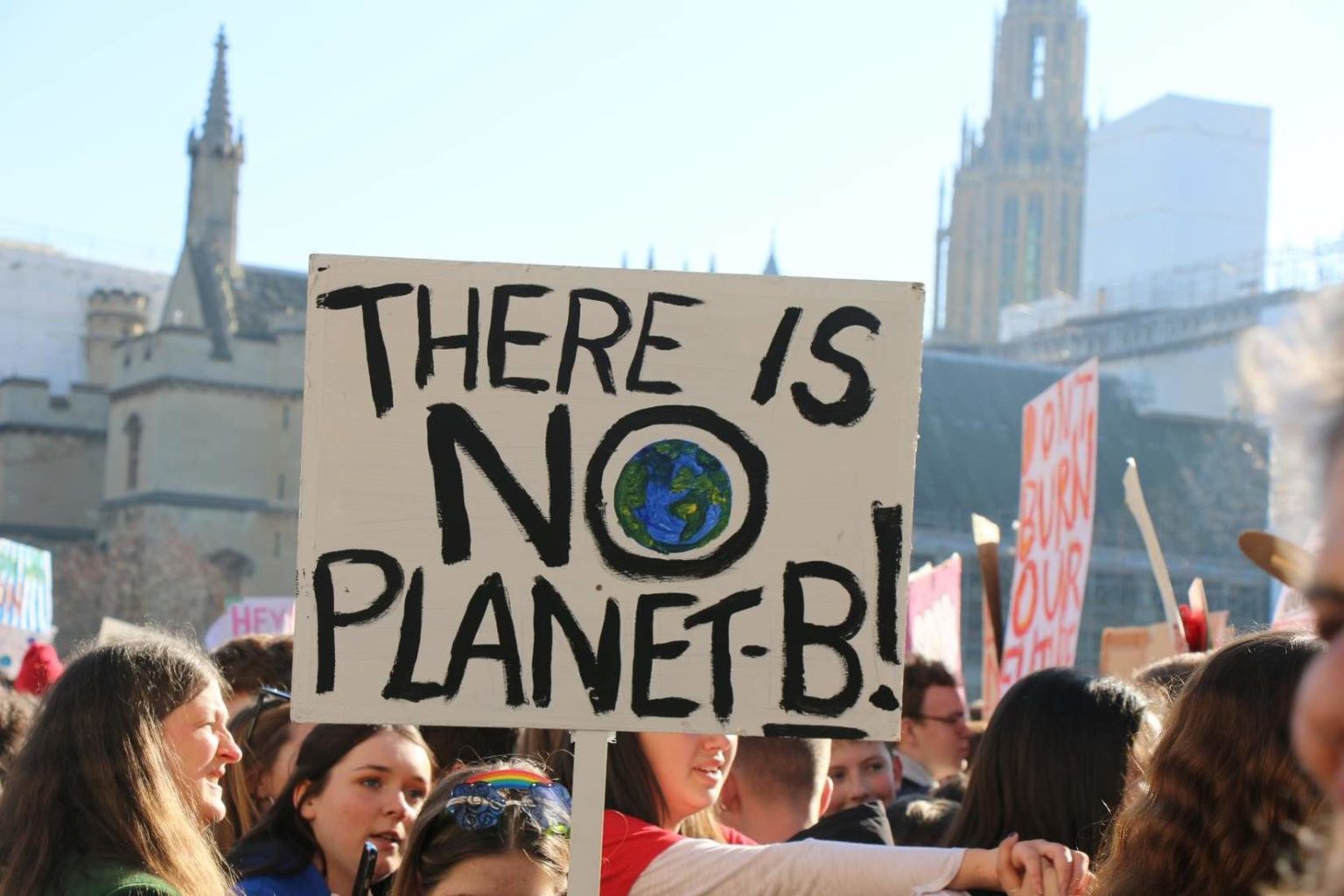By Thomas O’Neill, Research Director of corporate transparency NGO InfluenceMap
If you were sitting on the last lifeboat from the Titanic, making a hole here, removing a panel there, while denying that ships can sink, your fellow passengers would rightly deem your actions deliberately destructive.
The climate and energy policies which governments must implement if we are to reduce greenhouse gas emissions by 50 percent within the next 12 years are our civilisation’s lifeboat to avoid the worst effects of climate change, which threaten the security of all humankind.
No major environmental threat has ever been resolved without government policy. So why should we treat the people working to undermine this legislative lifeboat as anything other than a group deliberately seeking to destroy the planet?
When citizens buy oil, we incentivise and legitimise oil production. Climate change is a product of this transaction, for which oil companies have (joint) responsibility; however, it is not the companies’ explicit aim in this transaction. A clear destructive intent instead emerges when these companies actively deny or downplay the climate impacts of their product and manipulate populations to impede its regulation.
So while you may implicitly understand that by filling up at the pump of your local Shell or BP garage you are contributing to the continued extraction of oil, what may be less apparent is that you are also contributing to undermining legislative action on climate change.
For example, in 2018 BP spent $13 million campaigning against a (defeated) carbon tax in the US state of Washington, despite years of claiming to support a carbon price.
Greenpeace’s Unearthed also recently revealed the company successfully lobbied for Trump’s disastrous roll-back of methane regulations. It defended its position by saying that it was merely trying to improve regulations and is a founding member of the industry greenwash group the “Oil and Gas Climate Initiative” — and should therefore be above criticism.
The student strikes this Friday are a rejection of this outdated corporate spin and bear a powerful message that young people will refuse to support or consent to the reproduction of an economic system that no longer serves their long-term interests.
If any developing climate movement is to be successful it must tackle governments and the corporations that control them head-on. Young people can send a clear message to the business community: that nobody has the right to lobby away our future and those that try will be shamed, isolated or regulated out of existence.
Image credit: Soila Apparicio
Subscribe to our newsletter
Stay up to date with DeSmog news and alerts






